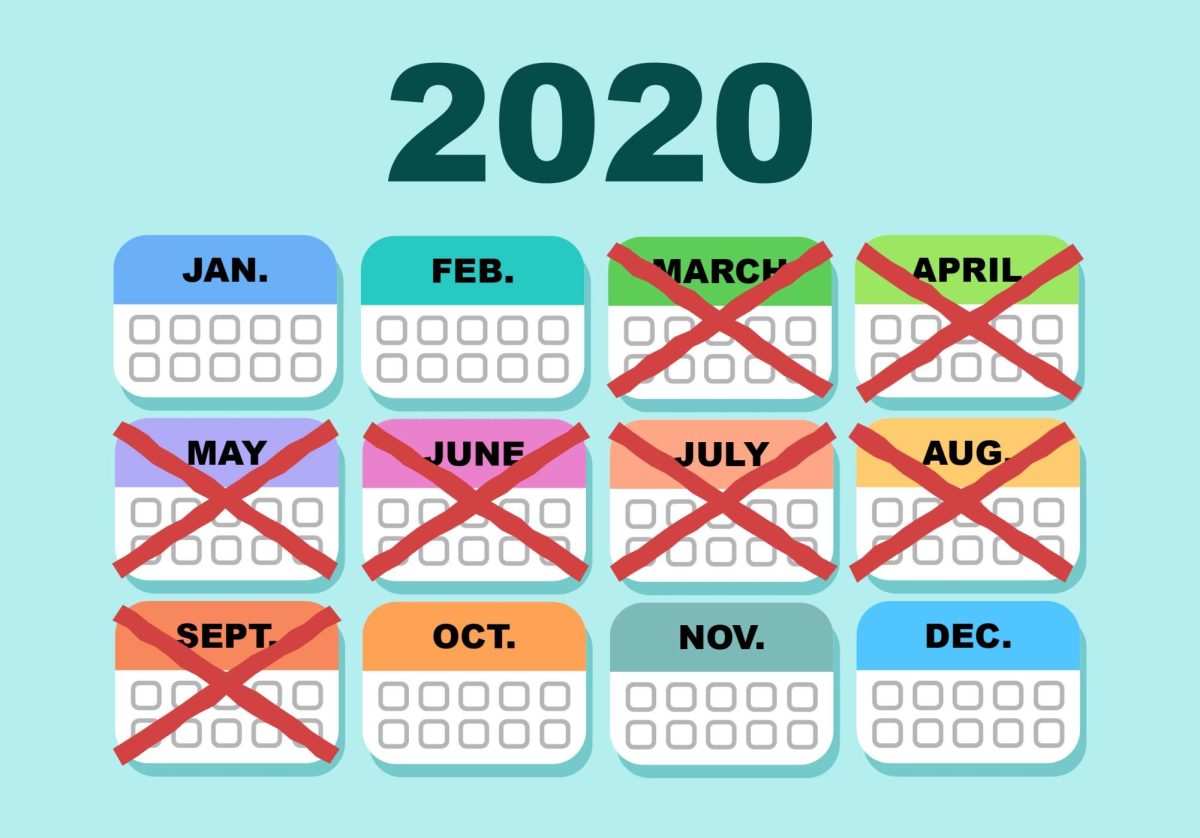In the past year, we have seen a major transition on the U.S. Supreme Court. We’re losing Justice Sandra Day O’Connor to retirement and we lost Chief Justice William Rehnquist to cancer. The pivotal replacement lies with O’Connor’s seat, where a new justice may effectively shift the court’s balance on women’s issues. Hearings for the nomination of Samuel Alito will be Jan. 9. Alito is a far cry from the moderate O’Connor. He is hardly an advocate for women, which is underscored by his membership in the Concerned Alumni of Princeton, which protested the university accepting women and minority students on campus in the 1970s and ’80s.
We continue to be engrossed in a battle over the Plan B emergency contraceptive pill. Congress is fed up with the politics of the Food and Drug Administration and is looking at a bipartisan bill that would allow 30 days for the FDA to decide whether Plan B should be available over the counter. If, after 30 days, the FDA has not made a decision, Plan B will be approved for nonprescription sale. Some Democrats are even calling for hearings looking into the FDA’s actions in the matter.
Women’s issues, though, stretch far beyond the scope of reproductive choice. This year, like every year, thousands of women were diagnosed with cervical cancer. New data this year suggests women 30 years old and older should receive a human papilloma virus test in addition to a yearly Pap smear, as the papilloma virus seems to be the most “common culprit” behind cervical cancer. Pap smears may come back negative even if a papilloma risk remains. Additionally, African American women are twice as likely to die as other women from the virus, and early screening through the test is the best way to protect against cervical cancer. Recent studies and research also indicate that in the near future there may be medication to prevent cervical cancer in women. For now, women need to be their own best advocates and take charge of their health by requesting papilloma virus tests.
Speaking of empowerment, this year we saw the determination of young women make a difference in the world of retail. Earlier this month, a group of high school girls in Connecticut and Pennsylvania “girlcotted” degrading Abercrombie & Fitch shirts. They gathered nearly 400 signatures demanding the store stop selling shirts printed with phrases like “I’m easy,” “Who needs a brain when you have these” and “Sleeps well with others.” The girlcott convinced Abercrombie & Fitch to remove several of the offensive shirts from its shelves.
Abercrombie is not the only retail chain exploiting women; Wal-Mart is at the top of the list. In addition to refusing to sell the morning-after pill at its pharmacies, Wal-Mart has a long string of gender discrimination. Last June, the largest civil rights class action lawsuit ever, which includes more than 1.6 million women, was brought against Wal-Mart. The judge who granted the class action certification said there was “largely uncontested descriptive statistics showing that women working at Wal-Mart stores are paid less than men in every region, that pay disparities exist in most job categories, that the salary gap widens over time (and) that women take longer to enter management positions.” Wal-Mart is appealing the certification and is sure to be back in the news soon.
Gender discrimination is a national problem. On average, women receive 76 cents for every dollar men earn. In business, the trend is similar. According to the New York Times, 98.6 percent of chief financial officers of large companies are men. Within the 535 members of Congress, there are 14 female senators and 69 female representatives. The silver lining is that, according to Wikipedia, “this is the highest number of women to hold Congressional office at one time.” That can only mean that, while the situation in politics and representation is imperfect, it is improving.
It is with that that I want to enter the new year. The predicament for women in this country is improving, but we need to bring women’s issues back to the top of the agenda. Beyond the hot-button topic of abortion, women’s issues include child abuse and neglect, domestic violence, education, reforming the criminal and juvenile justice systems, environmental issues, health care, poverty, affordable housing, Social Security and civil liberties. Our New Year’s resolution as a country should be to take these issues off the back burner and put them in front where they belong.
Abby Bar-Lev welcomes comments at abarlev@mndaily.com.







